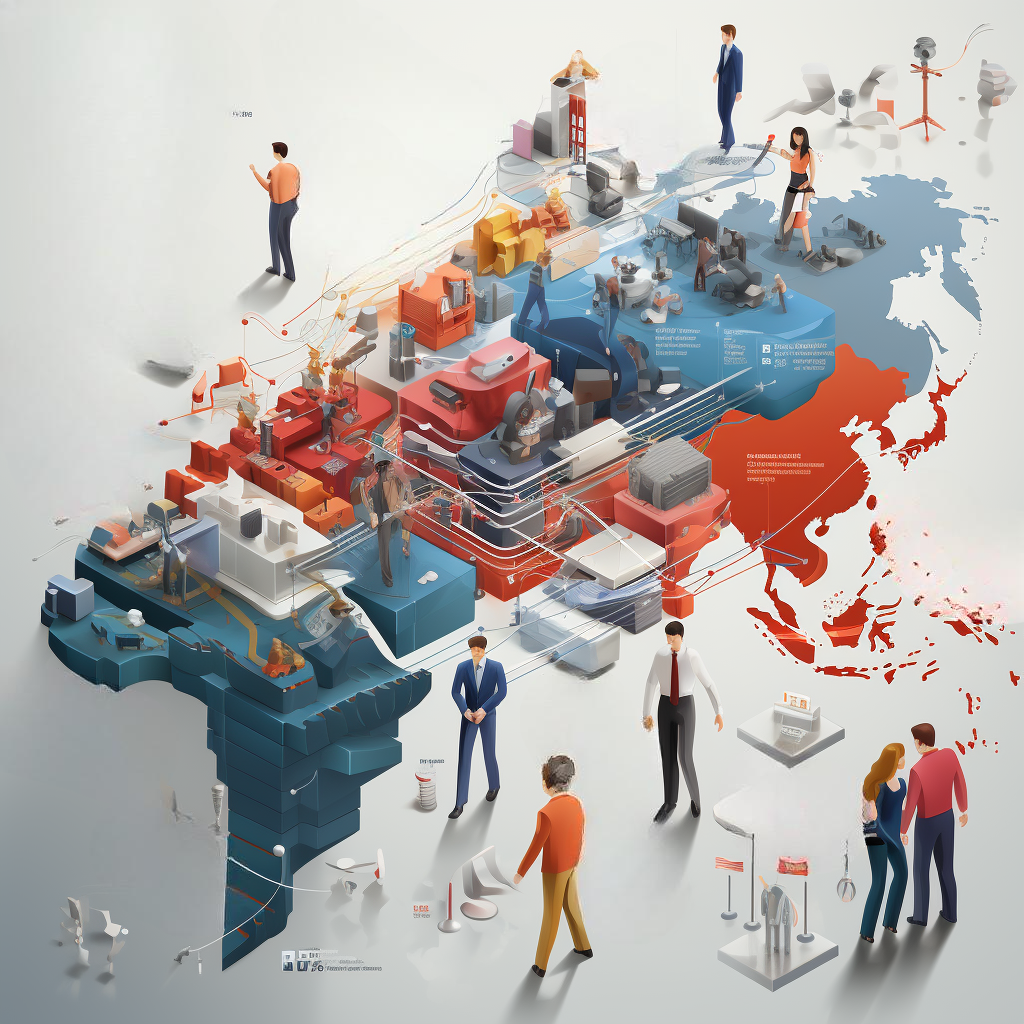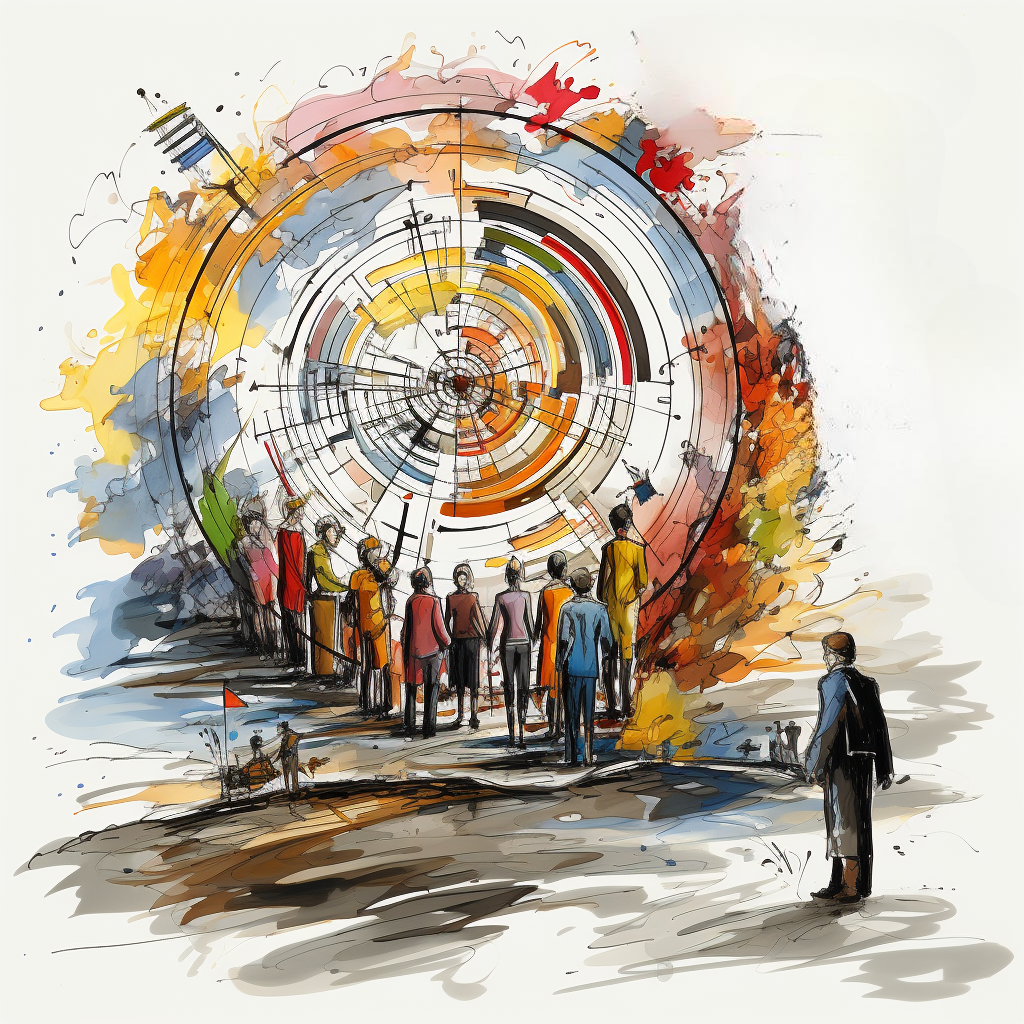In any professional setting, conflict is inevitable. It’s the way we handle these conflicts that can determine the success or failure of a project, or even the overall health of an organization. To effectively manage and navigate conflict, it’s crucial to recognize the different types of conflicts that can arise. Let’s delve into the “why”, “when”, “where”, and “what” of these conflicts.
1. Relationship Conflict
- Why: This conflict arises due to personal differences, biases, or perceptions. It’s rooted in personal animosities, irritations, and dispositions.
- When: When two or more individuals can’t see eye-to-eye due to personality clashes or differences in values.
- Where: Typically happens in teams or departments where interactions are frequent.
- What: Think of two team members who always clash because one is a stickler for rules and the other values flexibility.
2. Task Conflict
- Why: Disagreements about the content or outcome of the task at hand.
- When: When individuals have different views about what needs to be accomplished.
- Where: In team meetings, project planning sessions, or brainstorming discussions.
- What: Imagine two managers discussing a project where one believes the goal is to increase brand awareness, while the other insists it’s to drive direct sales.
3. Process Conflict
- Why: This stems from differences in views on how to accomplish a task.
- When: When team members can’t agree on the methodology or steps to achieve a goal.
- Where: Often seen during the execution phase of a project.
- What: Think about a team deciding to build a product. While one believes in following the Agile methodology, the other vouches for the Waterfall approach.
4. Status Conflict
- Why: Ego clashes over recognition, prestige, or respect within a group.
- When: When there’s ambiguity over roles, recognition, or credit distribution.
- Where: In hierarchical organizations or teams where there’s competition for recognition.
- What: Envision two team members completing a project. One feels they should get credit because they came up with the idea, while the other believes they should be recognized for doing the bulk of the work.
How MiaHire USA Can Help

Conflicts, when unresolved, can be detrimental. They can hinder productivity, create an unhealthy work environment, and affect morale. It’s crucial for organizations to hire individuals who align with their culture, values, and project needs.
MiaHire USA, with its innovative one-way virtual interview platform, offers a comprehensive suite for video, audio, text, and behavior tests or interviews. By effectively screening potential candidates through tailored tests and interviews, companies can better ensure they’re bringing on board individuals who will synergize well with existing teams, minimizing potential conflicts and maximizing productivity.
In conclusion, understanding the nature of conflicts and having the tools to preemptively tackle them, like MiaHire USA’s platform, can help organizations cultivate a harmonious and efficient workplace.










